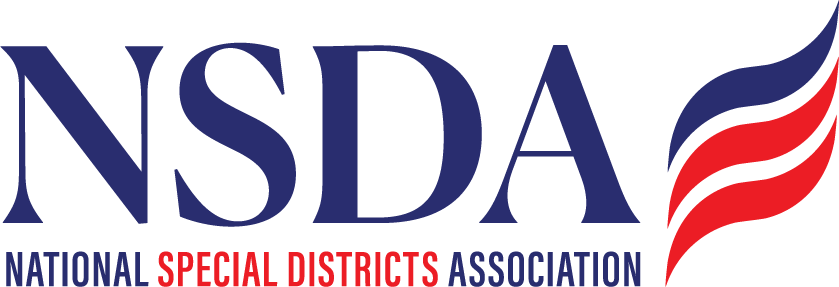The Federal Workplace Vaccine Mandate Has Arrived. Here are the Details.
November 5, 2021
The Federal Occupation Safety and Health Administration (OSHA) published Friday its Emergency Temporary Standard (ETS) on workplace vaccinations for employers with more than 100 employees. Twenty-two states operating OSHA-approved state plans will have 30 days to adopt the standard that is the same or more stringent, which would affect state and local agency employees – including special districts.
Access the Federal OSHA ETS here.
Click here for an OSHA FAQ document covering the standard.
OSHA’s ETS pre-empts laws and regulations in states that restrict public agencies and organizations from implementing employee vaccination or masking mandates. Impacted employers will be required to establish by December 5 masking policies and paid vaccine leave policies for employees to leave work for vaccination and recovery from post-vaccination symptoms. According to the rule’s FAQ document, the policy must include all employees be fully vaccinated by January 4, 2022. Booster shots are not included to determine an employee’s “full vaccination” status.
To meet employer reporting requirements, employees will be required to demonstrate proof of vaccination. Employees subject to the workplace vaccine mandate opting against vaccination will be subject to weekly testing. Employers will be required to retain these records. Employers will not be required to pay for employee testing or vaccinations unless a state/local law or collective bargaining agreement dictates otherwise.
The federal ETS outlines only three categories for an employee to claim an exemption to the vaccine mandate.
This includes:
- Those for whom a vaccine is medically contraindicated,
- Those for whom medical necessity requires a delay in vaccination, or
- Those legally entitled to a reasonable accommodation under federal civil rights laws because they have a disability or sincerely held religious beliefs, practices, or observances that conflict with the vaccination requirement.
All non-vaccinated employees subject to the mandate, including those claiming the abovementioned exemptions, will be required to wear facemasks in indoor workplace settings. Unvaccinated employees must submit weekly tests taken at a licensed healthcare provider and provide proof of tests. Employer policies must require COVID-positive employees, regardless of vaccination status, to report the positive test and be removed from the workplace until receiving clearance from a medical provider or for the period of time recommended under CDC guidance.
Under the federal ETS, employees working from home or those who work exclusively outdoors may not be subject to weekly tests in lieu of vaccination. Employees working from home will be required to be tested for COVID-19 within seven days prior to visiting or returning to the workplace and provide documentation of the result to the employer. Under the policy, these employees still count toward the employer’s count of total employees. This means if there are 200 employees in the organization with 175 working remotely or exclusively outdoors, the ETS would still be applicable for the organization.
Individuals who are part-time employees and/or seasonal employees employed directly by the organization all count as one, full employee toward an employer’s count of total employees. Independent contractors do not apply to the total employee census.
Non-compliance will result in OSHA’s maximum penalty of $13,563 per violation.
NSDC members providing services in states operating OSHA-approved plans – namely California, Oregon, South Carolina, Utah, Washington, and Wyoming – are encouraged to follow developments from their state occupation and safety agencies between through December 5 as state decisions are made.
Special districts and stakeholders are encouraged to review the ETS and engage with their state agencies through individual state development of standards. Stay tuned to NSDC for further updates on this issue as additional FAQ guidance may be released, and as pending federal lawsuits from various state attorneys general could impact the implementation of the federal rule.
